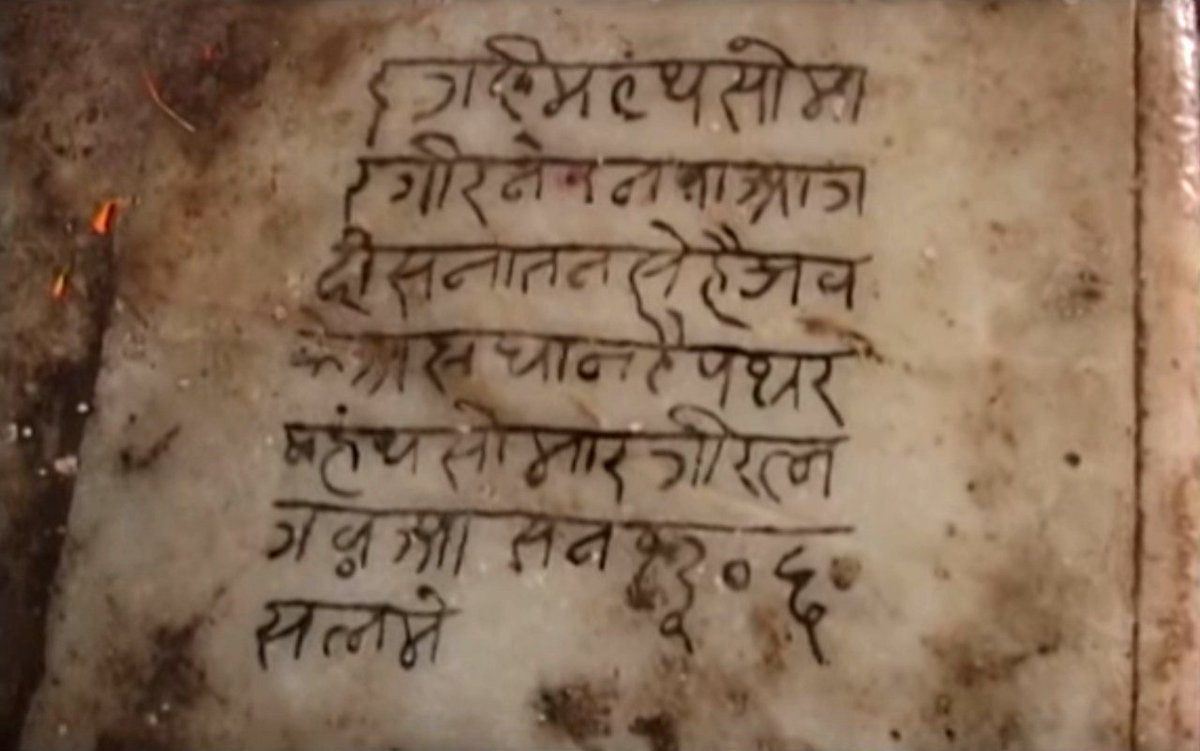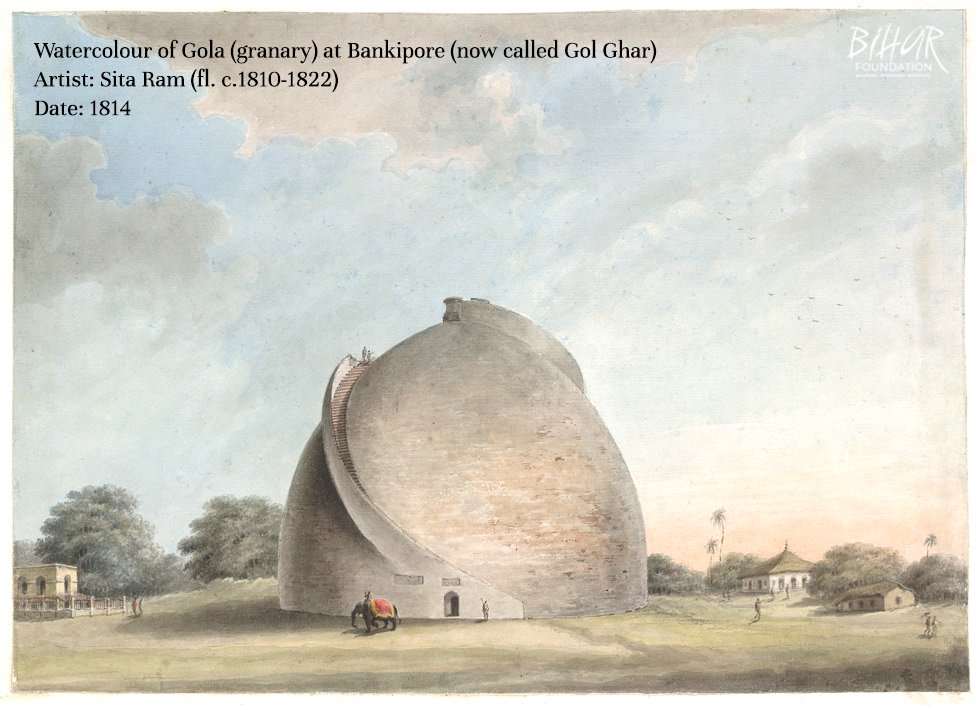
#Sonepur, situated on the banks of river Sadanira (Gandak) and Ganga, is considered a place of great holiness and the Ganga snan or ceremonial bathing in the Ganga is held by the Hindus to be unusually efficacious. (1) 

#Sonepur has a special significance owing to the temple of Hariharnath Mahadev and the site of the mythological battle between the crocodile and the elephant and the rescue of the latter by Hari (Lord Vishnu). People offer oblation to Lord Siva on #KartikPurnima here. (2) 

The temple of Harihar Nath Mahadev, it is said, was built by Lord Rama when on his way to Janakpur to win Sita.
There is a reference of the temple of Harihar Nath during the Governorship of Raja Man Singh of Amer who is said to have done renovation work. (3)
There is a reference of the temple of Harihar Nath during the Governorship of Raja Man Singh of Amer who is said to have done renovation work. (3)

The present temple was built by Raja Ram Narain, a noted figure of Bihar during the later Mughal period.
Later, expansion work of the temple was also done by Birla brothers. (4)
Later, expansion work of the temple was also done by Birla brothers. (4)

The legend is that #Sonepur was the place at which in pre-historic times, the fight ended between the lords of the forest and the water, Gaj and Grah - the elephant and the crocodile. (5) 

There lived a crocodile of enormous size, and one day when a huge elephant came to bathe there, the crocodile caught him by the leg and tried to drag into deeper water. The elephant, beginning to weaken, prayed to Lord Hari, to help. His prayer was heard and he was saved. (6) 

According to Hindu mythology, the crocodile had in former life been a Gandharva chief cursed by a sage named Dewala Muni. The elephant was, on the other hand, in the former existence, king Indradyumna, who was cursed by sage Agastya for "wilful disrespect" to him. (7) 

• • •
Missing some Tweet in this thread? You can try to
force a refresh













